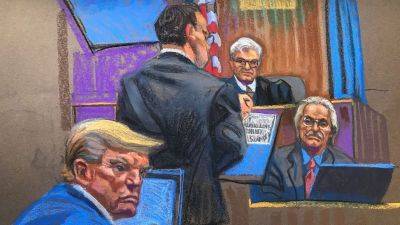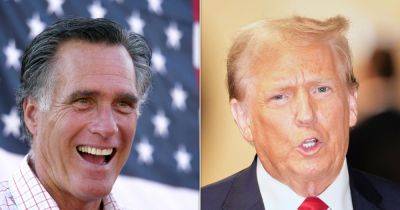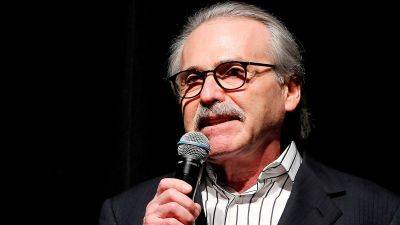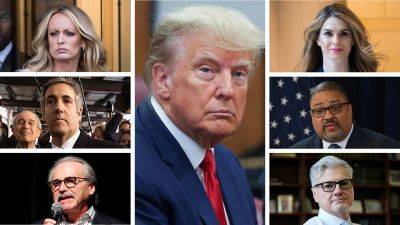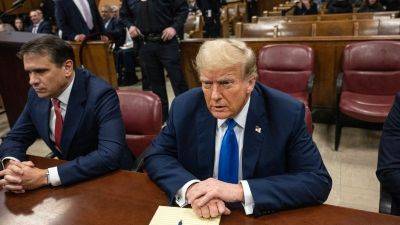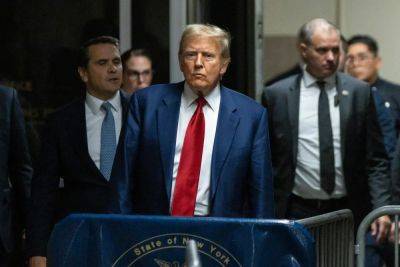If cover-up is the real crime, Trump’s hush-money charges have a Nixonian ring
Of all of Donald Trump’s charged crimes, spelled out in 88 felony counts – from plotting to overthrow the government of the United States to stealing national security secrets, and obstruction of justice along the way – there is one case that most closely parallels the greatest political crime in American history: his trial in New York, scheduled to begin 15 April, for falsifying business records.
Yet against the enormity of the former president’s transgressions, that case’s gravitas has been diminished by some legal pundits as the “runt of the litter” and “probably the least serious of the crimes he’s been charged with”. This case, brought by the Manhattan district attorney, however, reveals Trump as having essentially the same purpose as Richard Nixon in Watergate, hiding the truth through fraud and bribery in order to manipulate the outcome of a presidential election.
From the beginning, Nixon tried to persuade the public that Watergate was much ado about nothing. On 17 June 1972, five men of the White House “plumbers” unit were arrested in a break-in at the Democratic National Committee headquarters at the Watergate Hotel. The next day, White House press secretary Ron Ziegler trotted out to minimize the incident as a “third-rate burglary attempt”. He was following Nixon’s directive to downplay the affair as meaningless. “It’s going to be forgotten,” Nixon said on 20 June. The next day, in one of the first meetings in which he orchestrated the cover-up, he said: “I think the country doesn’t give much of a shit about it … And the answer, of course, is that most people around the country probably think this is routine, that everybody’s bugging everybody else, it’s politics.”
But Nixon’s attempt to bury the break-in spread


